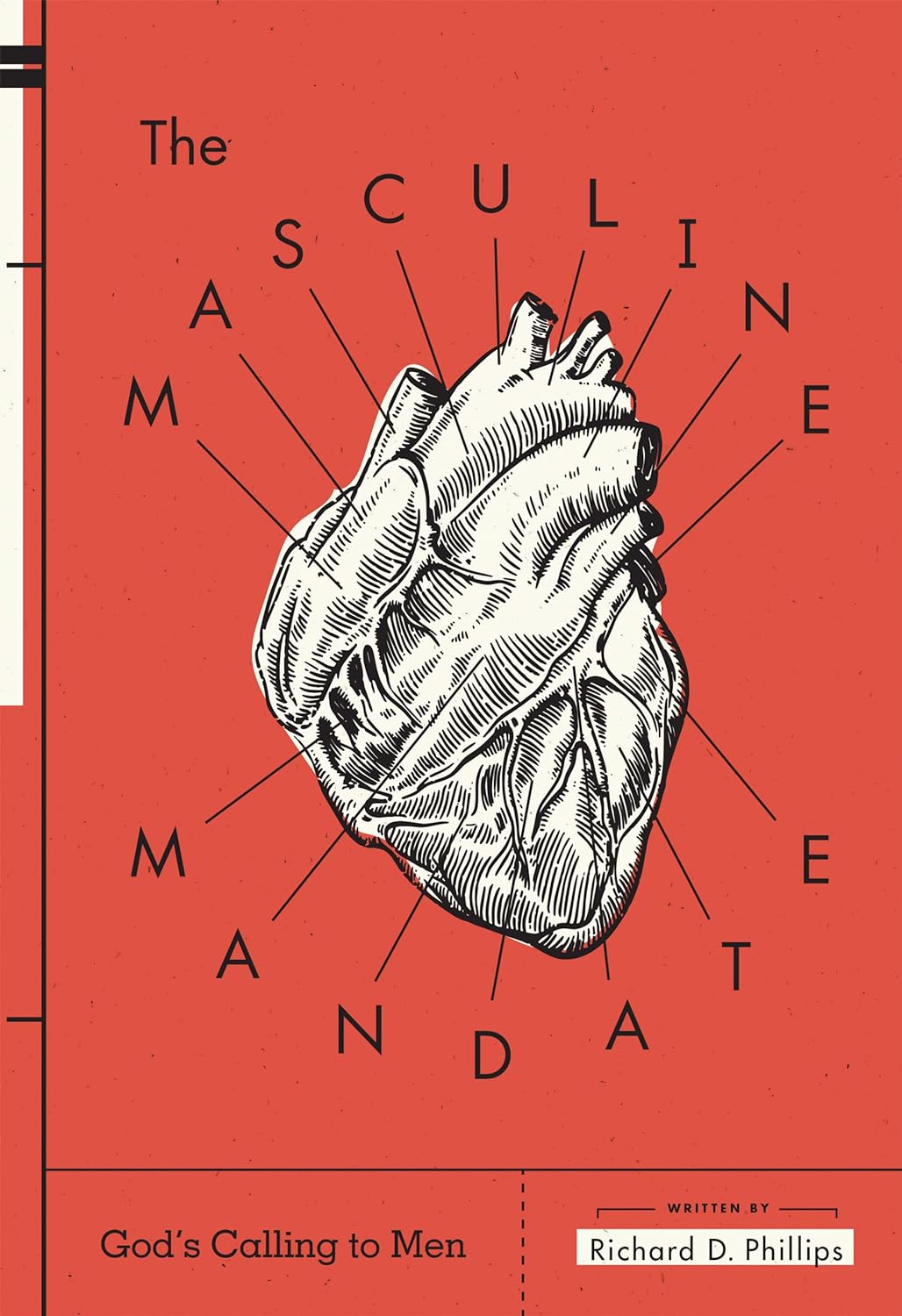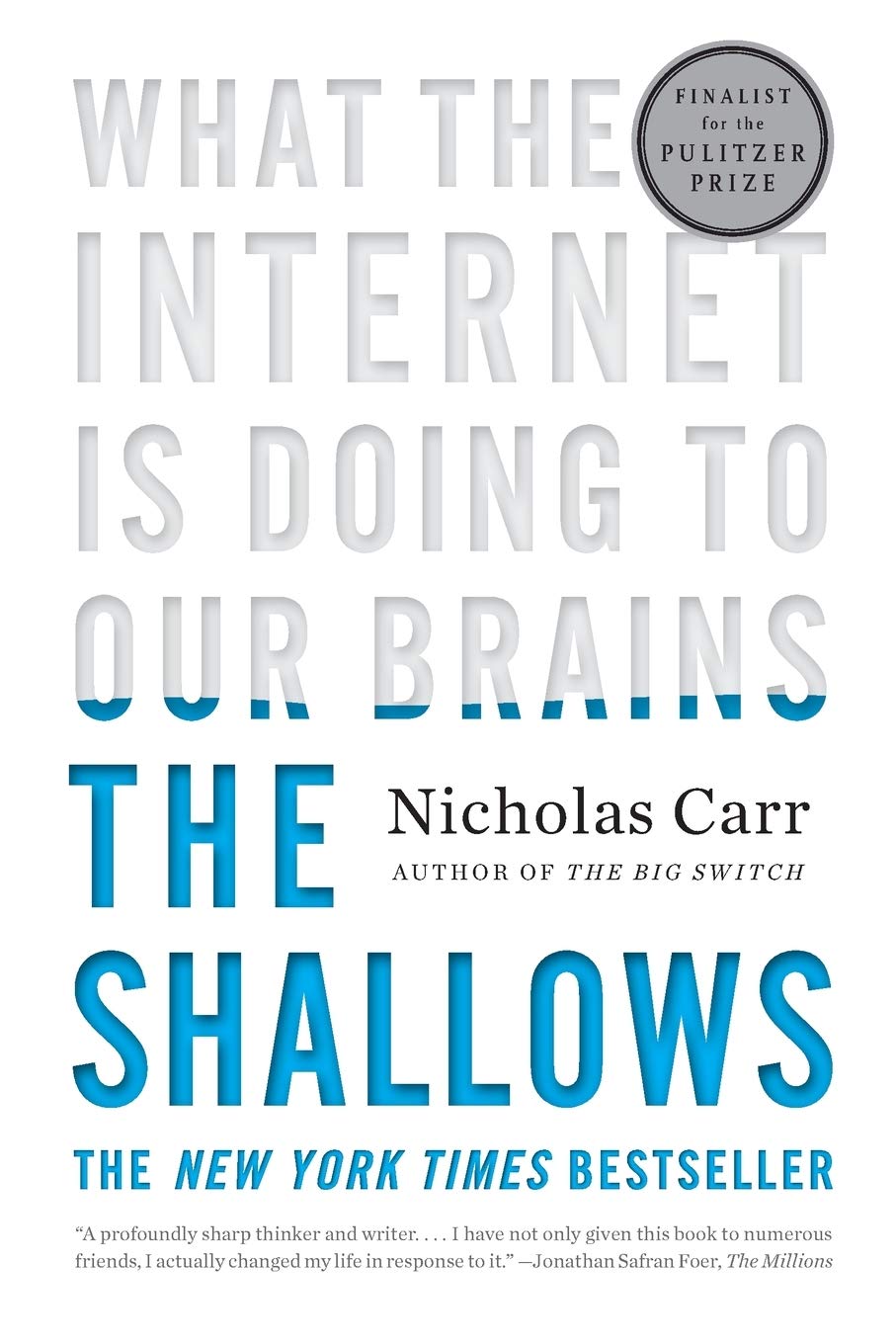The Importance of Biblical Manhood in The Masculine Mandate by Richard Philips
The Masculine Mandate by Richard Philips is a thought-provoking book that delves into the importance of biblical manhood. In a society where gender roles are constantly being redefined, Philips argues that it is crucial for men to understand and embrace their God-given role as leaders, providers, and protectors.
One of the key points that Philips emphasizes is the need for men to take responsibility for their actions and decisions. He argues that true masculinity is not about exerting power or dominance over others, but rather about using one’s strength and influence to serve and protect those around them. This idea is rooted in the biblical concept of servant leadership, where men are called to sacrificially love and care for their families, communities, and the world at large.
Furthermore, Philips highlights the importance of men being actively involved in their families. He believes that fathers play a crucial role in shaping the character and values of their children. By being present and engaged in their children’s lives, men can instill a sense of security, love, and guidance that is essential for their development. Philips encourages men to prioritize their families above their careers or personal ambitions, recognizing that the impact they have on their children’s lives is far more significant than any worldly success.
In addition to family, Philips also emphasizes the importance of men being engaged in their communities. He argues that men have a responsibility to use their skills and resources to make a positive difference in the world. Whether it is through volunteering, mentoring, or leading community initiatives, men have the ability to bring about meaningful change and contribute to the well-being of society as a whole.
Throughout the book, Philips draws on biblical examples of masculinity to support his arguments. He highlights the lives of men like Abraham, Moses, and David, who exemplified the qualities of biblical manhood. By examining their stories, Philips provides practical insights and guidance for men who desire to live out their God-given mandate.
One of the strengths of The Masculine Mandate is Philips’ conversational writing style. He presents his ideas in a clear and accessible manner, making it easy for readers to engage with the material. His use of personal anecdotes and real-life examples adds depth and relatability to the book, making it a compelling read for men of all ages and backgrounds.
Exploring the Role of Men in Society through The Masculine Mandate by Richard Philips
The Masculine Mandate by Richard Philips is a thought-provoking book that delves into the role of men in society. In today’s world, the concept of masculinity is often misunderstood and misrepresented. Philips seeks to shed light on this topic and provide a clear understanding of what it means to be a man.
One of the key ideas explored in the book is the importance of men embracing their God-given responsibilities. Philips argues that men have a unique role to play in society, one that is often neglected or downplayed. He emphasizes the need for men to take on leadership roles in their families, communities, and workplaces.
Throughout the book, Philips provides biblical references and examples to support his arguments. He highlights the stories of men like Adam, Abraham, and David, who were called by God to fulfill specific roles and responsibilities. By examining these biblical narratives, Philips encourages men to follow in the footsteps of these great men and fulfill their own God-given mandates.
One of the most compelling aspects of The Masculine Mandate is Philips’ emphasis on the importance of character development. He argues that true masculinity is not defined by physical strength or dominance, but by qualities such as integrity, humility, and selflessness. Philips challenges men to cultivate these virtues and strive for personal growth.
In addition to discussing the role of men in society, Philips also addresses the issue of gender roles within the family. He argues that men have a responsibility to lead and provide for their families, while women have a complementary role as nurturers and caregivers. However, he also emphasizes the importance of mutual respect and partnership between husbands and wives.
Throughout the book, Philips acknowledges the challenges and pressures that men face in today’s society. He recognizes that the traditional roles and expectations placed on men can be overwhelming and discouraging. However, he offers practical advice and encouragement for men to navigate these challenges and find fulfillment in their roles.
One of the strengths of The Masculine Mandate is Philips’ conversational writing style. He presents his ideas in a clear and accessible manner, making the book easy to read and understand. His use of personal anecdotes and real-life examples also adds depth and relatability to his arguments.
Overall, The Masculine Mandate is a valuable resource for men who are seeking to understand and embrace their role in society. It challenges conventional notions of masculinity and offers a fresh perspective on what it means to be a man. Whether you are a man looking for guidance or someone interested in understanding the role of men in society, this book is a must-read. Philips’ insights and wisdom will leave you with a renewed sense of purpose and a deeper understanding of the masculine mandate.
A Critical Analysis of Gender Roles in The Masculine Mandate by Richard Philips
Book Review: The Masculine Mandate by Richard Philips
In today’s society, discussions about gender roles and expectations are more prevalent than ever. Richard Philips, in his book The Masculine Mandate, delves into the topic of masculinity and provides a critical analysis of traditional gender roles. With an informative and conversational writing style, Philips challenges readers to question societal norms and explore the true essence of masculinity.
Philips begins by examining the historical context of masculinity, tracing its roots back to biblical times. He argues that the traditional understanding of masculinity has been distorted over the years, leading to confusion and dissatisfaction among men. By revisiting the biblical concept of masculinity, Philips aims to provide a fresh perspective on what it means to be a man.
One of the key points Philips makes is that masculinity is not defined by physical strength or dominance over others. Instead, he suggests that true masculinity lies in taking responsibility for oneself and others. This includes being a loving husband, a caring father, and an active member of the community. Philips emphasizes the importance of nurturing relationships and cultivating emotional intelligence, challenging the notion that men should suppress their emotions.
Throughout the book, Philips addresses the issue of toxic masculinity, a term used to describe harmful behaviors associated with traditional gender roles. He acknowledges that some men may feel threatened by the changing dynamics of gender roles, but he argues that embracing a more inclusive and compassionate version of masculinity benefits everyone. By encouraging men to reject harmful stereotypes and embrace vulnerability, Philips believes that society as a whole can thrive.
One of the strengths of The Masculine Mandate is Philips’ use of real-life examples and personal anecdotes. He shares stories of men who have struggled with their identity and societal expectations, providing a relatable and humanizing perspective. These stories serve as a reminder that the journey towards redefining masculinity is not easy, but it is necessary for personal growth and societal progress.
While Philips’ arguments are compelling, some readers may find his analysis lacking in certain areas. For instance, he focuses primarily on heterosexual relationships and does not delve into the experiences of LGBTQ+ individuals. Additionally, his exploration of masculinity within different cultural contexts is limited. These omissions may leave some readers wanting a more comprehensive understanding of gender roles beyond the scope of the book.
Unveiling the Biblical Perspective on Masculinity in The Masculine Mandate by Richard Philips
When it comes to discussions about gender roles and masculinity, there are often a wide range of opinions and perspectives. In his book, “The Masculine Mandate,” Richard Philips seeks to provide a biblical perspective on masculinity and what it means to be a man in today’s world.
One of the key points that Philips emphasizes throughout the book is the importance of understanding and embracing the unique role that men have been given by God. He argues that men have been called to be leaders, protectors, and providers, and that these roles are not only important for the well-being of society but also for the fulfillment of men themselves.
Philips draws on various biblical passages to support his arguments, highlighting the examples of men like Adam, Abraham, and David who were called by God to fulfill specific roles and responsibilities. He also explores the teachings of Jesus and the apostles, showing how they affirmed and encouraged men to embrace their God-given mandate.
One of the strengths of “The Masculine Mandate” is Philips’ ability to present his arguments in a clear and accessible manner. He avoids using overly technical language or theological jargon, making the book accessible to readers from all backgrounds. This conversational tone allows the reader to engage with the material and reflect on their own understanding of masculinity.
Throughout the book, Philips also addresses some of the challenges and misconceptions that men may face in today’s society. He acknowledges that the cultural landscape has shifted and that there are conflicting messages about what it means to be a man. However, he argues that the biblical perspective provides a solid foundation for understanding masculinity and navigating these challenges.
One of the key takeaways from “The Masculine Mandate” is the importance of character development in men. Philips emphasizes that true masculinity is not simply about physical strength or dominance, but about cultivating virtues such as courage, integrity, and humility. He encourages men to strive for excellence in all areas of their lives and to be intentional about their growth and development.
In addition to addressing men directly, Philips also speaks to women and the role they play in supporting and encouraging men in their pursuit of biblical masculinity. He emphasizes the importance of mutual respect and understanding between men and women, and the need for both genders to work together in fulfilling their respective roles.
Overall, “The Masculine Mandate” is a thought-provoking and insightful book that challenges readers to reconsider their understanding of masculinity. Philips presents a compelling case for embracing the biblical perspective on manhood and provides practical guidance for men who desire to live out their God-given mandate. Whether you are a man seeking to understand your role better or someone interested in exploring the topic of masculinity, this book is a valuable resource that will leave you with much to ponder.



